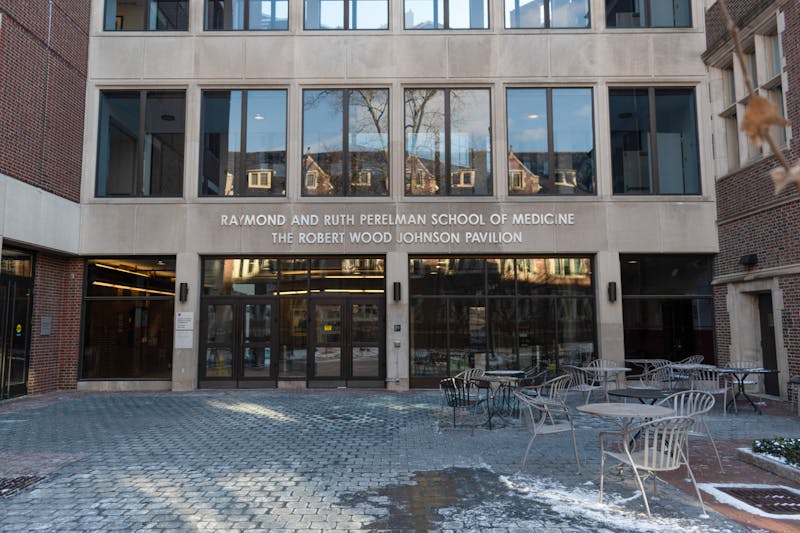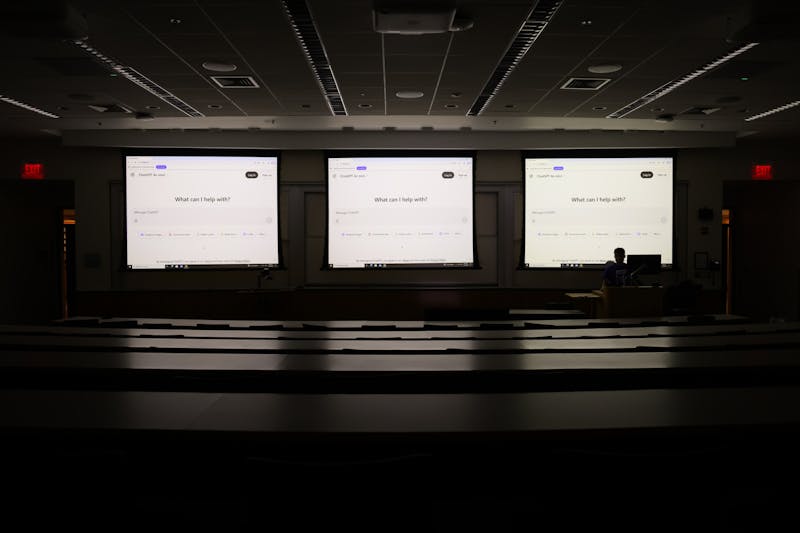It’s a new age for the humanities — especially at Penn.
Integration of humanities and the arts in research universities will take center stage this weekend at the Humanities and the Arts in the Integrated Knowledge University (HAIKU) Conference at the Penn Museum, where professors will discuss how arts and sciences can be integrated to create knowledge.
“There have always been moments in the history of human learning when what specialists thought they knew turned out to be wrong, when specialists realized that they’d missed something important,” said art history professor Karen Beckman, who is organizing the event. “A liberal arts education allows you to think about a problem from multiple different perspectives.”
The conference will include panels on research, translation, musicianship and pedagogy, among other topics. Most of the participants are Penn professors who have been invited to speak about their specialties.
English professor Jim English will be part of a roundtable entitled “Making It Up: Creative Writing, Literary Study and Digital Technologies.” He will be joined by fellow English professors Lorene Cary and Al Filreis, as well as Mark McGurl, a professor at Stanford University.
“It was never good enough to be educated in just one subject or a narrow cluster of subjects, but the need for broad learning and creative combination of traditional disciplines has never been clearer than it is today,” English said.
“Within the liberal arts curriculum itself there has been a lot of shifting around — a big shift towards the humanities in the late 1980s and 1990s, a big shift toward engineering and social sciences over the last decade, a long strong rise of psychology, biology and the health-related disciplines for 40 years,” English added. “But these ups and downs in particular areas have been accompanied by the emergence [of] all kinds of new interdisciplinary fields so that a lot of the most important new knowledge is being produced between and among traditional disciplines.”
Penn has made a concerted effort to focus on integrated knowledge in recent years. Since Penn President Amy Gutmann’s announcement of the Penn Integrates Knowledge initiative in 2005, PIK professors with a keen interest in interdisciplinary research have filled the University’s campus. There are currently 15 PIK professors, a number which Gutmann pledged to increase as part of the Penn Compact 2020 initiative.
In addition, an Integrated Studies Program designed for undergraduates in the Benjamin Franklin Scholars program was launched in fall 2012. Beyond ISP, Beckman hopes there will be other arenas in which undergraduates can participate in the discussion.
“One genuine challenge that we have to work out is how to include undergraduate students in the most exciting aspects of knowledge integration projects at those early moments in their studies when they have not yet developed any deep and specialized body of knowledge,” Beckman said. “We need to have student voices participating in the discussion.”
The Daily Pennsylvanian is an independent, student-run newspaper. Please consider making a donation to support the coverage that shapes the University. Your generosity ensures a future of strong journalism at Penn.
DonatePlease note All comments are eligible for publication in The Daily Pennsylvanian.







